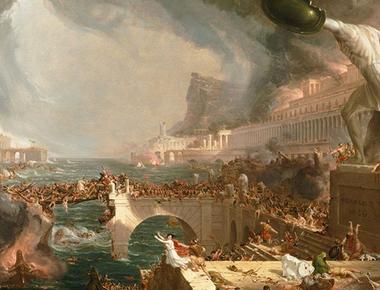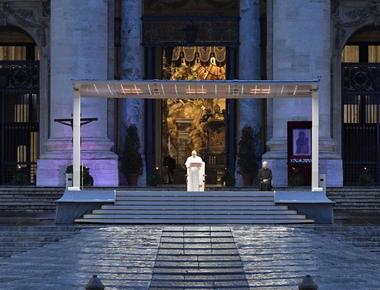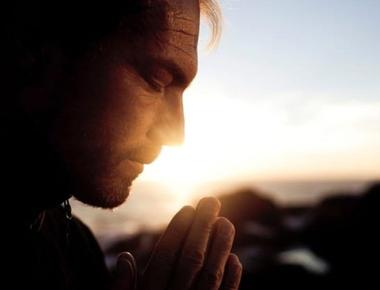
If our charge as Christians is to be holy in all that we do, what does this way of life look like in today’s world? This question is not easily answered simply by looking to past examples.
Ryan ("Bud") Marr Associate Provost at Mercy College of Health Sciences. He has served as the Director of NINS and Associate Editor of the Newman Studies Journal from 2017-2020. He is the author of To Be Perfect Is to Have Changed Often: The Development of John Henry Newman's Ecclesiological Outlook, 1845–1877 (Rowman & Littlefield, 2018), and has also contributed essays to Newman and Life in the Spirit (Fortress Press, 2014), Learning from All the Faithful (Pickwick, 2016), and The Oxford Handbook of John Henry Newman (Oxford University Press, 2018). His research interests include the life and writings of John Henry Newman, ecclesiology, and the reception of Vatican II.
If our charge as Christians is to be holy in all that we do, what does this way of life look like in today’s world? This question is not easily answered simply by looking to past examples.
This article does not take a firm stance on the question of whether the COVID-19 pandemic should be seen as a chastisement sent by God. If we were to follow John Henry Newman's lead, we would certainly have to remain open to that idea.
One of the most important turning points in John Henry Newman's life involved contracting an illness (probably typhoid fever) while on a trip to Sicily in 1833. Newman was accompanied on the trip by his best friend, Hurrell Froude, and Froude's father, Robert.
If you are anything like me, you have on at least one occasion squandered the holy season of Lent. The Church has established such times on the liturgical calendar so that we might enter more deeply into the mysteries of Christ's life.
As someone who has studied John Henry Newman's writings for years, it was surreal for me to attend his canonization in Rome. I've known for some time now that Newman was interceding for me and my loved ones in heaven, but to have a tangible confirmation of that fact was moving beyond words.
In a letter from 1863 to his sister Jemima, John Henry Newman remarked that "a man's life lies in his letters." Equally revealing, perhaps—at least in Newman's case—are the prayers that he composed and recited.
QUICK LINKS




